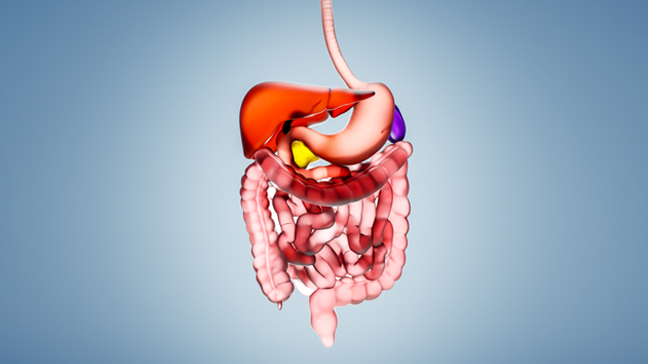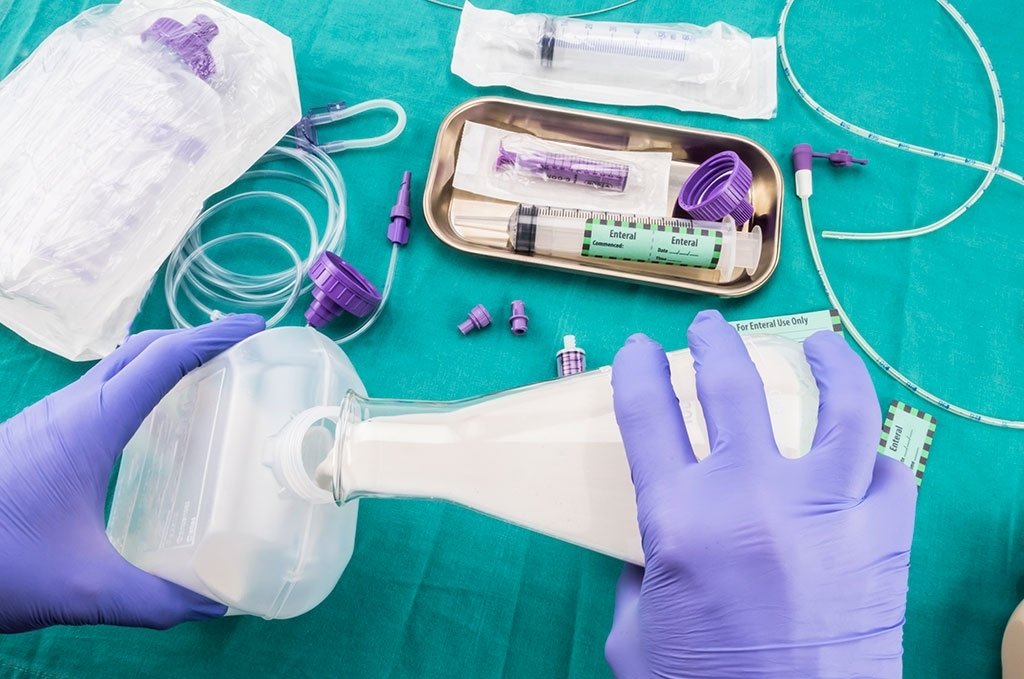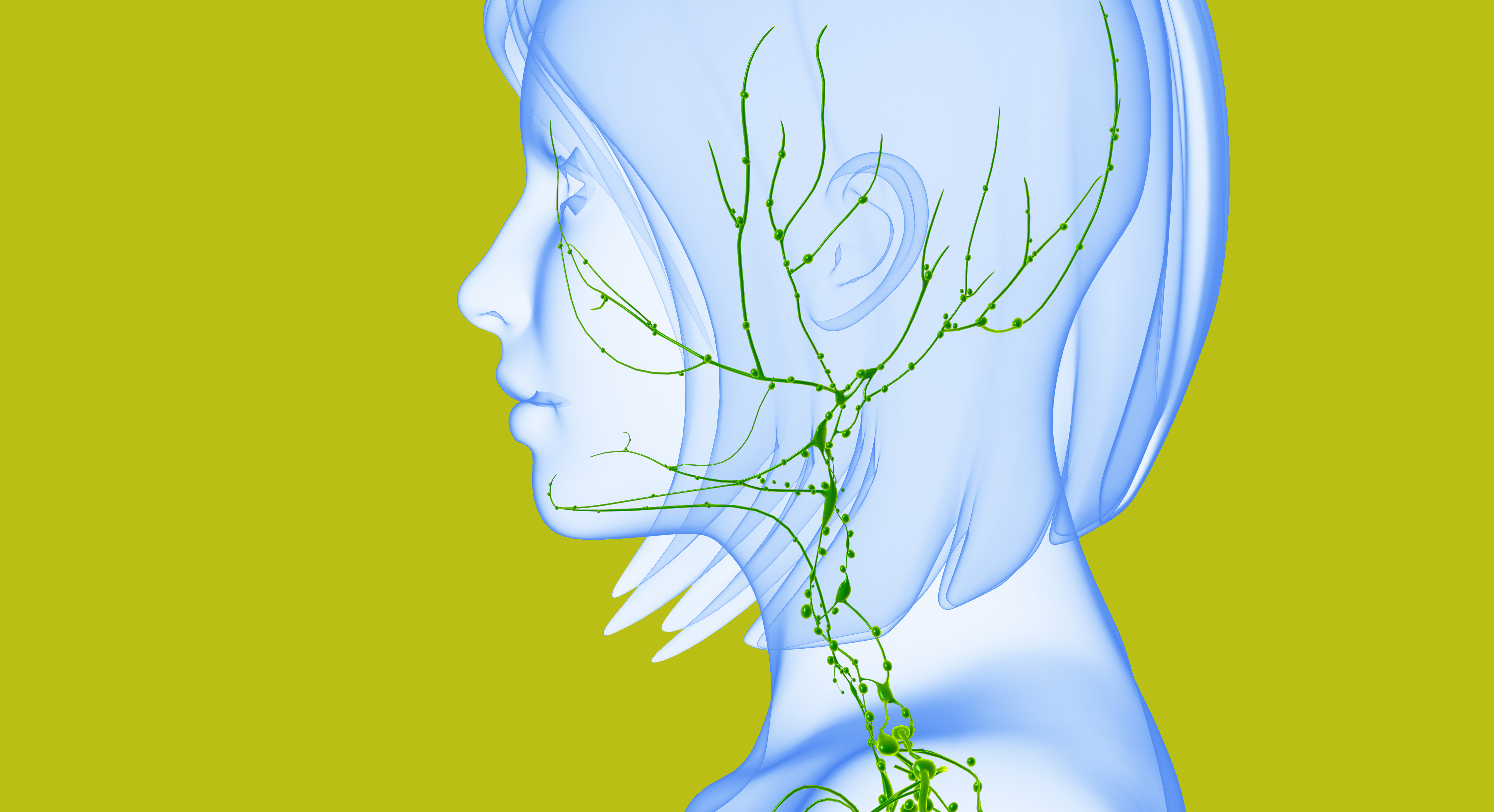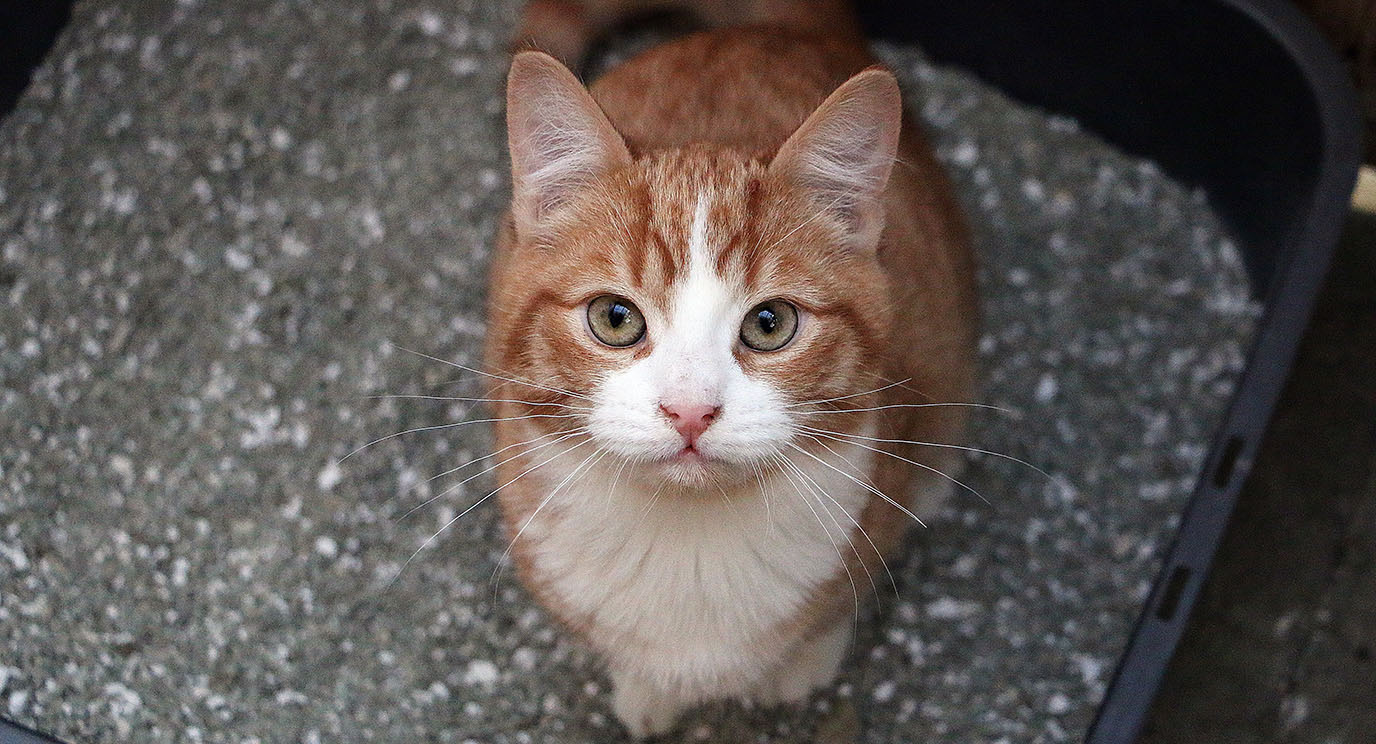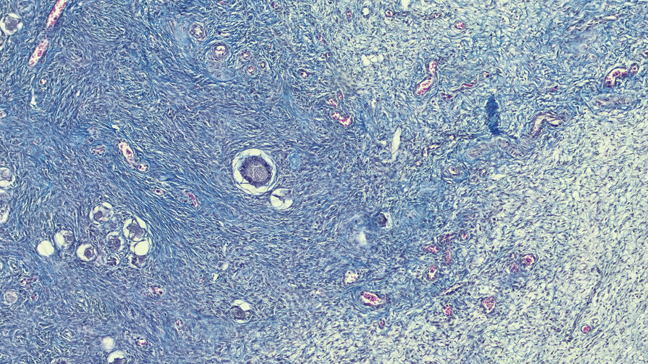- Diseases
- Acoustic Neuroma (14)
- Adrenal Gland Tumor (24)
- Anal Cancer (68)
- Anemia (2)
- Appendix Cancer (16)
- Bile Duct Cancer (26)
- Bladder Cancer (72)
- Brain Metastases (28)
- Brain Tumor (234)
- Breast Cancer (718)
- Breast Implant-Associated Anaplastic Large Cell Lymphoma (2)
- Cancer of Unknown Primary (4)
- Carcinoid Tumor (8)
- Cervical Cancer (162)
- Colon Cancer (166)
- Colorectal Cancer (118)
- Endocrine Tumor (4)
- Esophageal Cancer (44)
- Eye Cancer (36)
- Fallopian Tube Cancer (8)
- Germ Cell Tumor (4)
- Gestational Trophoblastic Disease (2)
- Head and Neck Cancer (14)
- Kidney Cancer (128)
- Leukemia (342)
- Liver Cancer (50)
- Lung Cancer (286)
- Lymphoma (278)
- Mesothelioma (14)
- Metastasis (30)
- Multiple Myeloma (100)
- Myelodysplastic Syndrome (60)
- Myeloproliferative Neoplasm (6)
- Neuroendocrine Tumors (16)
- Oral Cancer (100)
- Ovarian Cancer (174)
- Pancreatic Cancer (160)
- Parathyroid Disease (2)
- Penile Cancer (14)
- Pituitary Tumor (6)
- Prostate Cancer (148)
- Rectal Cancer (58)
- Renal Medullary Carcinoma (6)
- Salivary Gland Cancer (14)
- Sarcoma (238)
- Skin Cancer (296)
- Skull Base Tumors (56)
- Spinal Tumor (12)
- Stomach Cancer (64)
- Testicular Cancer (28)
- Throat Cancer (92)
- Thymoma (6)
- Thyroid Cancer (98)
- Tonsil Cancer (30)
- Uterine Cancer (84)
- Vaginal Cancer (18)
- Vulvar Cancer (22)
- Cancer Topic
- Adolescent and Young Adult Cancer Issues (20)
- Advance Care Planning (12)
- Biostatistics (2)
- Blood Donation (18)
- Bone Health (8)
- COVID-19 (360)
- Cancer Recurrence (120)
- Childhood Cancer Issues (120)
- Clinical Trials (630)
- Complementary Integrative Medicine (22)
- Cytogenetics (2)
- DNA Methylation (4)
- Diagnosis (232)
- Epigenetics (6)
- Fertility (62)
- Follow-up Guidelines (2)
- Health Disparities (14)
- Hereditary Cancer Syndromes (126)
- Immunology (18)
- Li-Fraumeni Syndrome (8)
- Mental Health (116)
- Molecular Diagnostics (8)
- Pain Management (62)
- Palliative Care (8)
- Pathology (10)
- Physical Therapy (18)
- Pregnancy (18)
- Prevention (926)
- Research (390)
- Second Opinion (76)
- Sexuality (16)
- Side Effects (612)
- Sleep Disorders (10)
- Stem Cell Transplantation Cellular Therapy (216)
- Support (402)
- Survivorship (322)
- Symptoms (182)
- Treatment (1786)
What cancer caregivers wish they would have known
3 minute read | Published November 15, 2013
Medically Reviewed | Last reviewed by an MD Anderson Cancer Center medical professional on November 15, 2013
Being a cancer caregiver can be very rewarding, but it isn't easy. As a caregiver, you may experience stress, worry, fear and anger -- among other feelings -- throughout the cancer treatment and beyond. After all, you're busy caring for your loved ones, helping them schedule appointments and making tough decisions. That's why we call caregivers survivors. We asked a few caregivers to share what they wish they'd have known before their cancer journeys. Here's what they had to say.
You can find light within the dark
"I didn't know, but learned, that the cancer journey will bewhat you make of it. There's always light within the dark, if you're willing to see it.
Through our darkest times, my fiancé and I learned to communicate more effectively, find joy in the smallest things, and appreciate the daily gift of life. Those happy habits have carried over into our married life and strengthened our bond in wonderful ways: we're more selfless, we take time to express our appreciation, we're much more patient, and we forgive each other quickly. The cancer journey has given us that gift." -- Katie Narvarte Ozuna, chronic myeloid leukemia caregiver
Take cancer treatment one step at a time
"It's hard to imagine someone has cancer when she seems totally normal and healthy. Even though you know your loved one must go through the pains of cancer treatment, part of you says, 'Why? She feels fine and this is going to make her feel miserable!' You just have to focus on the long term because you know your loved one will eventually get really sick without treatment.
My mother and I took each part of her treatment -- chemo, surgery, post-surgery recovery, radiation -- one step at a time. I wish I hadn't gotten myself so worked up before each new procedure since it turned out to be easier than I had imagined. When your loved one rings that bell or comes home after surgery, you can check that task off, knowing you're one step closer to being cancer-free."
-- Deborah Thomas, breast cancer caregiver
Think about how you'd want to be treated
"When I was caring for my sister, I asked myself: How would I want to be treated? How would I want her to look at me? How can I make it a little better? How can I be sympathetic but encouraging?
All caregivers are like police officers or EMTs. What good does it do those you are trying to help if you end up a casualty? This is even more true for the cancer patient that is a caregiver, as you are exposed to more waiting rooms, tiring trips in traffic, mind numbing infusion sessions, exam rooms, newspapers, magazines, elevator buttons, rest rooms, clipboards ... you have to be able to say no and feel no guilt. You are important, too, even though those around the one you are caring for may totally forget your own predicament."
-- Tom Barber, lung cancer survivor and caregiver
Document your cancer journey
"I wish I had known how hard cancer is on everyone involved, especially the caregivers. There are caregivers of loved ones from my past that I wish I could go back and help when they needed it most.
I also wish I would have known the importance of documenting the journey. I did not start documenting our journey until several months in. But once I started blogging about our journey, other caregivers who were looking for support and experience began reaching out to me.
Once you become a caregiver, your life is never quite the same. Be sure to take some time out for yourself. A happy, relaxed, refreshed caregiver makes for a happier patient."
-- Jennifer Martin, melanoma caregiver
Related Cancerwise Stories

When your loved one rings that bell or comes home after surgery, you can check that task off, knowing you're one step closer to being cancer-free.
Deborah Thomas
Caregiver

